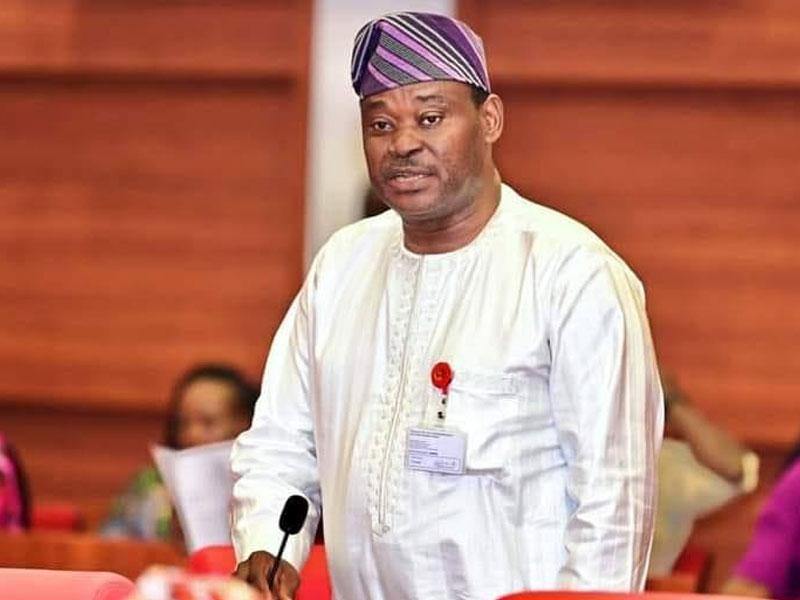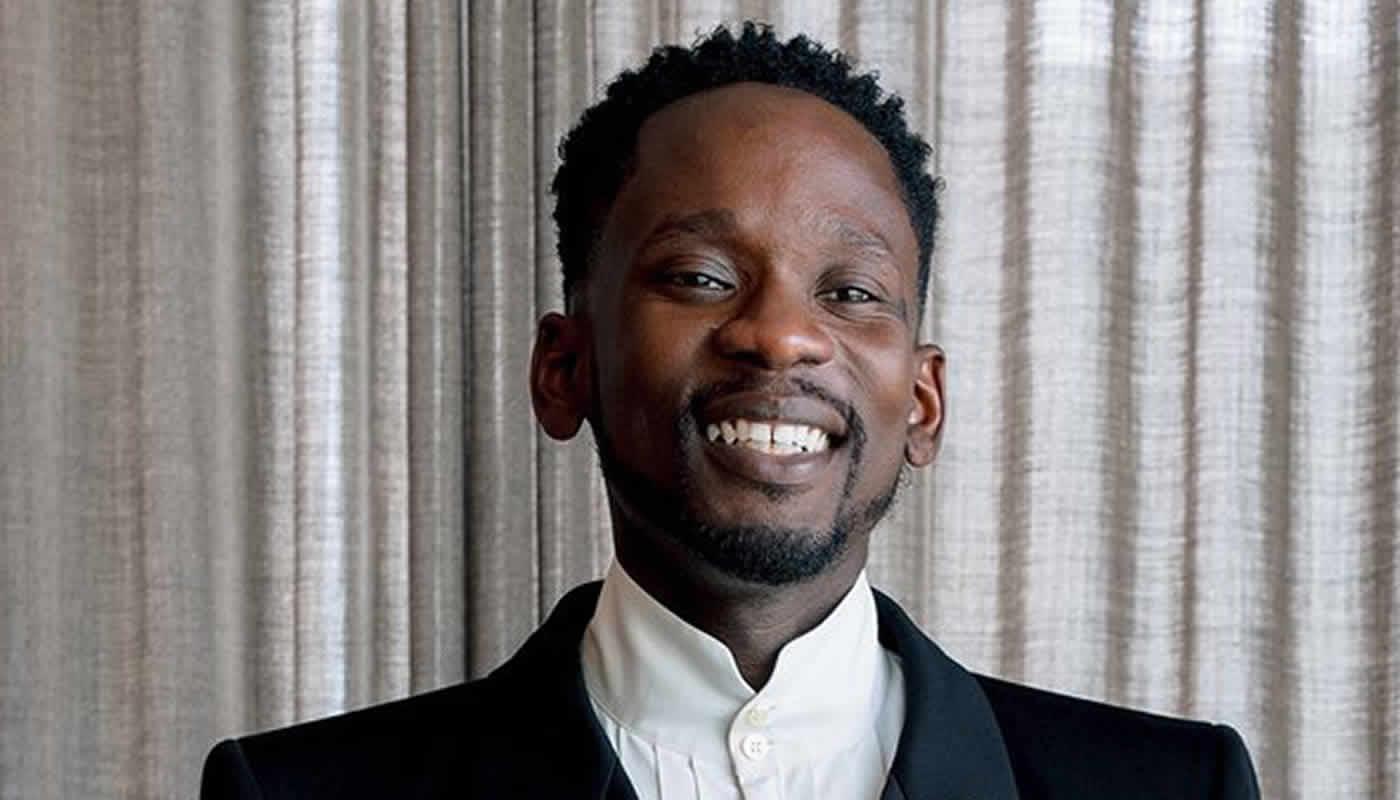Explore Our Bill Payment Services:

- Biography
- Nigeria
Jimoh Ibrahim: Biography, Net Worth And Business Career
In Nigeria’s dynamic business landscape, few names command as much attention as Jimoh Ibrahim — a lawyer, scholar, politician, and billionaire businessman whose story epitomizes ambition and resilience. From his humble beginnings in Ondo State to his leadership of a multinational conglomerate, Jimoh Ibrahim’s journey is a testament to strategic risk-taking, education, and visionary expansion.
Early Life and Education
Born on February 24, 1967, in Igbotako, within Okitipupa Local Government Area of Ondo State, Jimoh Ibrahim grew up in a modest background that instilled in him the values of discipline and determination. His parents were not wealthy, but they ensured that education became the foundation of his future success.
Ibrahim attended local schools in Igbotako for his primary and secondary education before proceeding to the prestigious Obafemi Awolowo University (OAU), formerly known as the University of Ife. There, he earned a Bachelor of Laws (LL.B) and a Master’s in Public Administration (MPA). His brilliance and determination saw him rise as one of the top-performing students of his class.
Driven by a hunger for global exposure, he pursued advanced studies abroad, obtaining a Master of Laws (LL.M) in International Taxation from Harvard University, USA. Not stopping there, he went on to earn a Doctorate in Business (BusD) from the University of Cambridge, solidifying his intellectual and professional foundation.
Throughout his educational journey, Ibrahim developed a deep understanding of law, governance, and financial systems — knowledge that would later become central to his business empire.
The Rise of a Business Magnate
After his studies, Jimoh Ibrahim quickly transitioned from academia to business. His early career began in tax consultancy, where his expertise in law and taxation attracted government contracts. One of his first major breakthroughs came when he assisted the Nigerian government in recovering withholding taxes from multinational oil companies — a project that reportedly earned him millions and set him on the path to wealth.
The Birth of Global Fleet Group
In 2004, Ibrahim founded Global Fleet Group, a diversified conglomerate headquartered in Lagos, Nigeria. What started as a modest enterprise soon evolved into one of Africa’s most diversified business groups, with interests spanning oil & gas, banking, insurance, hospitality, real estate, aviation, and media.
Business Empire and Strategic Expansion
Oil & Gas – Global Fleet Oil and Gas
Jimoh Ibrahim’s first major business success was in the downstream oil sector. Rather than building from scratch, he adopted a smart acquisition strategy — buying existing petrol stations and consolidating them under the Global Fleet Oil & Gas brand. Within a few years, he acquired over 150 filling stations, creating an extensive retail network across Nigeria.
This expansion positioned Global Fleet as a key player in Nigeria’s petroleum distribution market. Ibrahim later invested in oil storage depots and logistics, ensuring that the group maintained a steady supply chain advantage.
Banking and Financial Services
Ibrahim’s entrepreneurial vision extended beyond Nigeria’s borders. He established Energy Commercial Bank in Ghana (now known as First Atlantic Bank) and later acquired Oceanic Bank São Tomé and Príncipe (STP), rebranding it as Energy Bank STP. These banks served as vital instruments for financing his ventures and expanding his influence in West Africa’s financial sector.
Through these institutions, Ibrahim positioned himself as one of the few Nigerian businessmen with cross-border banking operations — a move that increased his credibility and regional influence.
Insurance, Real Estate, and Hospitality
Jimoh Ibrahim also ventured into insurance and real estate, sectors known for long-term profitability. He became the owner of NICON Insurance and Nigeria Reinsurance Corporation, two of Nigeria’s oldest and most reputable insurance firms.
In the hospitality sector, he acquired Le Méridien Hotel in Abuja and rebranded it as NICON Luxury Hotel. The hotel remains one of Nigeria’s most prestigious hospitality landmarks, catering to international dignitaries, business executives, and top government officials.
His real estate portfolio includes high-value properties across major Nigerian cities and in select foreign locations, further cementing his status as a property mogul.
Aviation and Transportation
Jimoh Ibrahim’s ambition led him into the aviation industry when he became a shareholder in Air Nigeria (formerly Virgin Nigeria). Although the aviation sector is notoriously challenging, his involvement showcased his courage to invest in high-risk, high-reward ventures.
Media and Publishing
Understanding the power of media in shaping public perception, Ibrahim expanded into journalism. He acquired Global Media Mirror, publisher of The National Mirror newspaper, and later bought a controlling stake (51%) in the historic NewsWatch Magazine. These acquisitions not only amplified his public influence but also positioned him at the intersection of business, media, and politics.
Philanthropy and Intellectual Pursuits
Beyond business, Jimoh Ibrahim has made contributions to education and youth empowerment. He has funded scholarships for students from his home state and supported initiatives that promote entrepreneurship. His philanthropic efforts are quiet but consistent, reflecting his belief that education is the key to sustainable development.
Financial Standing and Net Worth
Jimoh Ibrahim’s vast empire spans multiple industries and countries, making it difficult to pinpoint an exact figure for his net worth. However, financial analysts and media outlets consistently list him among Nigeria’s billionaires.
Most credible estimates place his net worth at approximately US$1.1 billion, derived from his holdings in:
-
Oil and Gas operations through Global Fleet
-
Banking and financial services in Ghana and São Tomé
-
Insurance and reinsurance firms (NICON, Nigeria Re)
-
Hospitality (NICON Luxury Hotel)
-
Media and publishing houses
-
Real estate investments
It is worth noting that net worth valuations are subject to market changes, exchange rate fluctuations, and company performance. Some of his businesses have faced restructuring challenges, but his diversified portfolio provides balance and sustainability.
Political Career and Public Service
In 2023, Jimoh Ibrahim made a significant transition into politics. He was elected Senator for Ondo South Senatorial District under the All Progressives Congress (APC). His victory marked a new phase in his career — one that combines business experience with legislative responsibilities.
As a senator, Ibrahim focuses on economic reform, infrastructure development, and education, reflecting his long-standing passion for nation-building. His political journey reinforces his belief that leadership extends beyond the boardroom.
Previously, he served as Chairman of the Corporate Affairs Commission (CAC) from 2009 to 2012, where he oversaw company registration reforms and policy restructuring. Despite occasional controversies, his tenure helped modernize aspects of corporate governance in Nigeria.
Controversies and Criticisms
Like many high-profile figures, Jimoh Ibrahim’s career has not been free of challenges. His aggressive acquisition strategy has sometimes drawn criticism regarding debt accumulation and opaque valuation processes. During his time at the CAC, internal disputes led to industrial unrest among staff.
Moreover, as both a media owner and politician, Ibrahim often faces scrutiny over potential conflicts of interest. Yet, despite controversies, he has managed to sustain relevance and expand his empire — a testament to his resilience and strategic adaptability.
Leadership Style and Philosophy
Jimoh Ibrahim’s leadership philosophy can be summarized in a few key principles:
-
Diversification: He believes in spreading risk across industries to ensure long-term stability.
-
Education as Leverage: His academic background gives him analytical depth in negotiation, law, and finance.
-
Acquisition Turnaround Strategy: He often revives struggling companies rather than starting from scratch.
-
Strategic Networking: His influence in media and politics amplifies his business leverage.
-
Calculated Risk-Taking: He invests boldly in sectors others fear to enter, from aviation to cross-border banking.
Legacy, Challenges, and the Road Ahead
Jimoh Ibrahim’s story is one of audacity and vision — the tale of a small-town boy who built one of Nigeria’s most diversified business empires. His career reflects both the opportunities and complexities of doing business in Africa.
However, his legacy will depend on key factors:
-
How effectively he manages corporate governance and debt restructuring;
-
Whether his companies can thrive beyond his direct leadership;
-
And how he balances political power with business transparency.
Despite these challenges, Jimoh Ibrahim remains a symbol of entrepreneurial boldness. His success story inspires countless young Nigerians who dream of breaking boundaries and creating wealth through determination and innovation.
Final Thoughts
Jimoh Ibrahim is not just a businessman — he is a movement. His journey from Igbotako to global boardrooms demonstrates what is possible when education, vision, and audacity meet opportunity. Whether he’s running a petroleum empire, leading a financial institution, or representing his people in the Senate, his impact continues to resonate across Nigeria and beyond.
While his net worth may fluctuate, his influence in business, politics, and media remains steadfast — a testament to his adaptability and enduring ambition.









